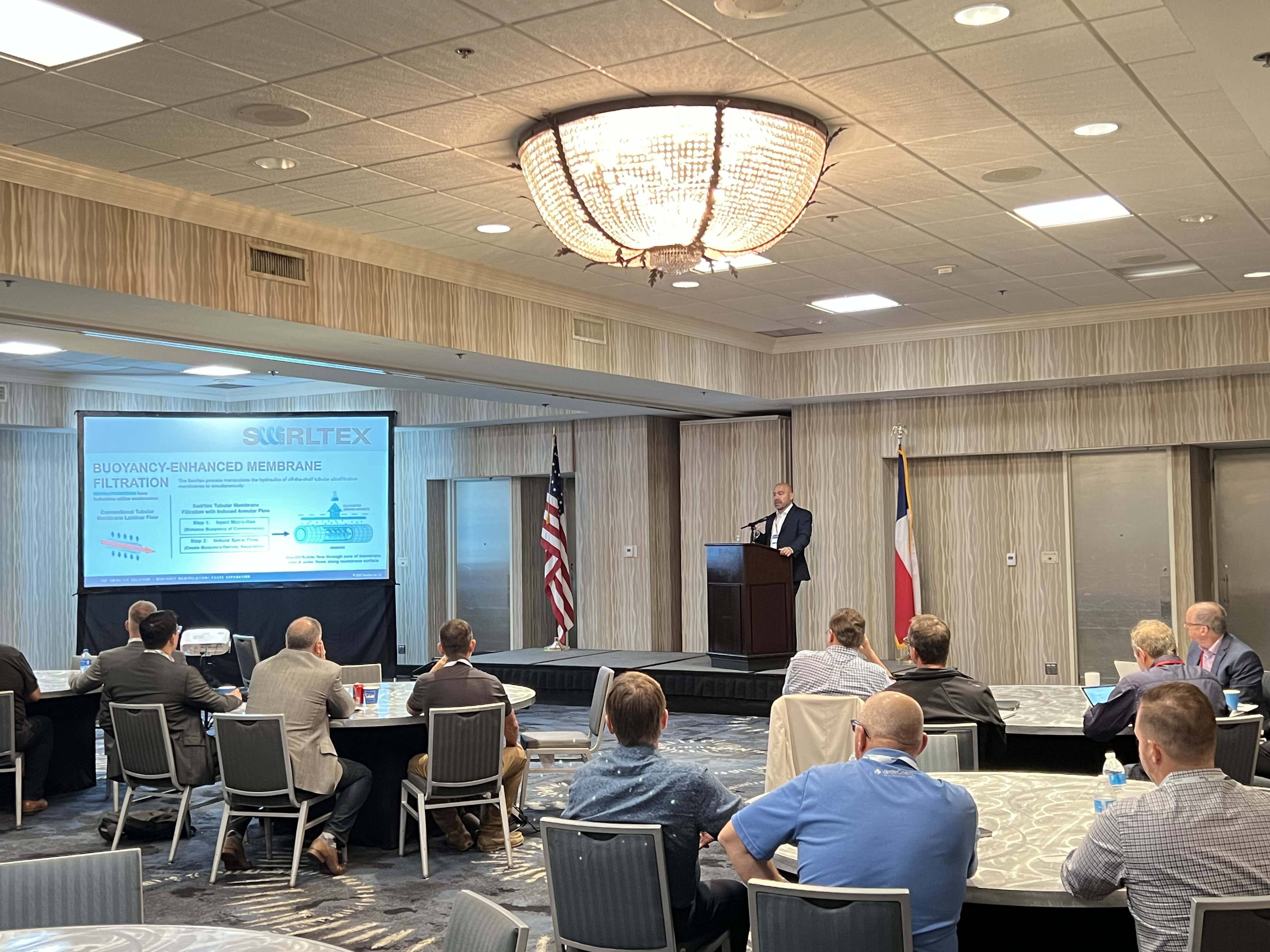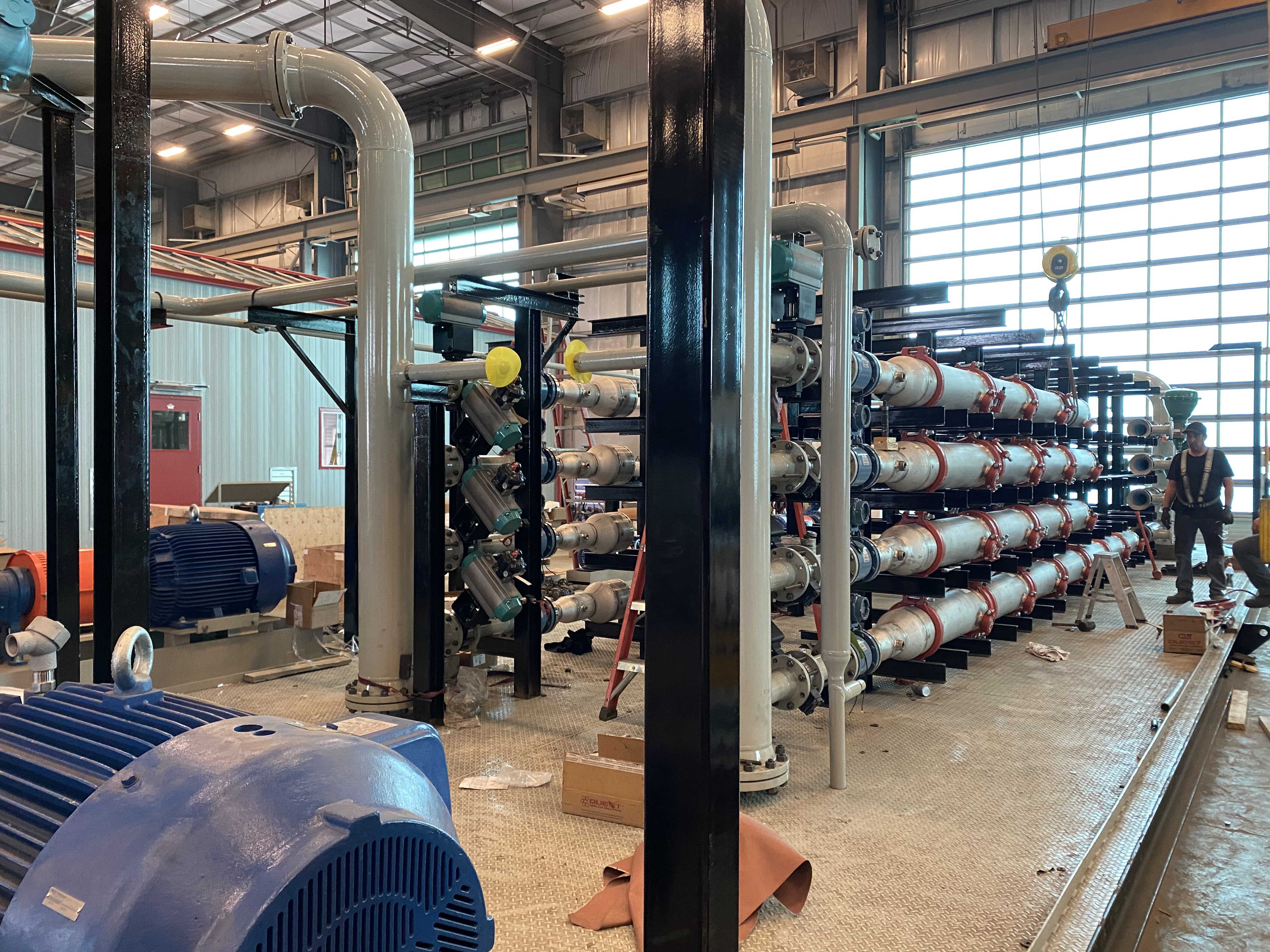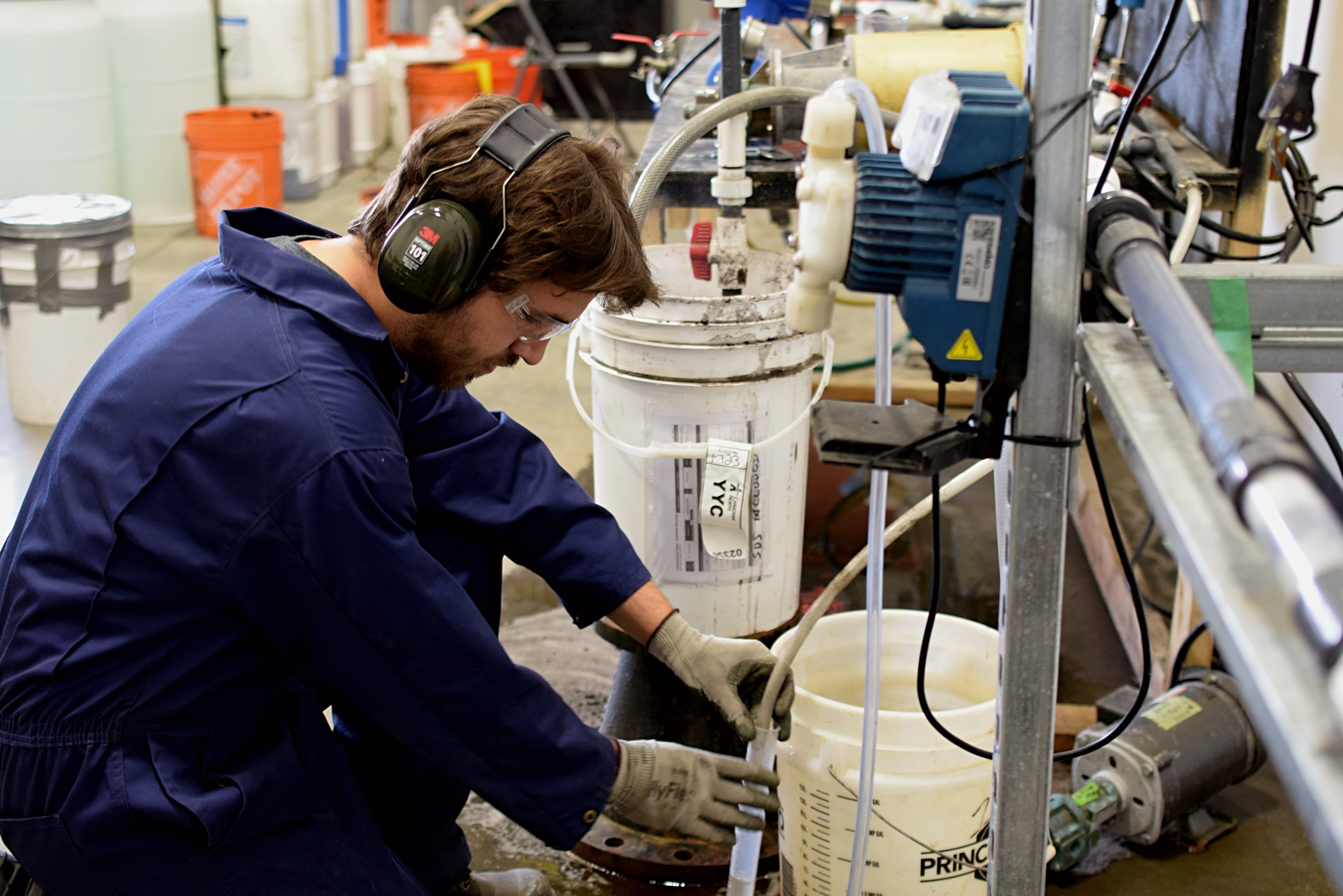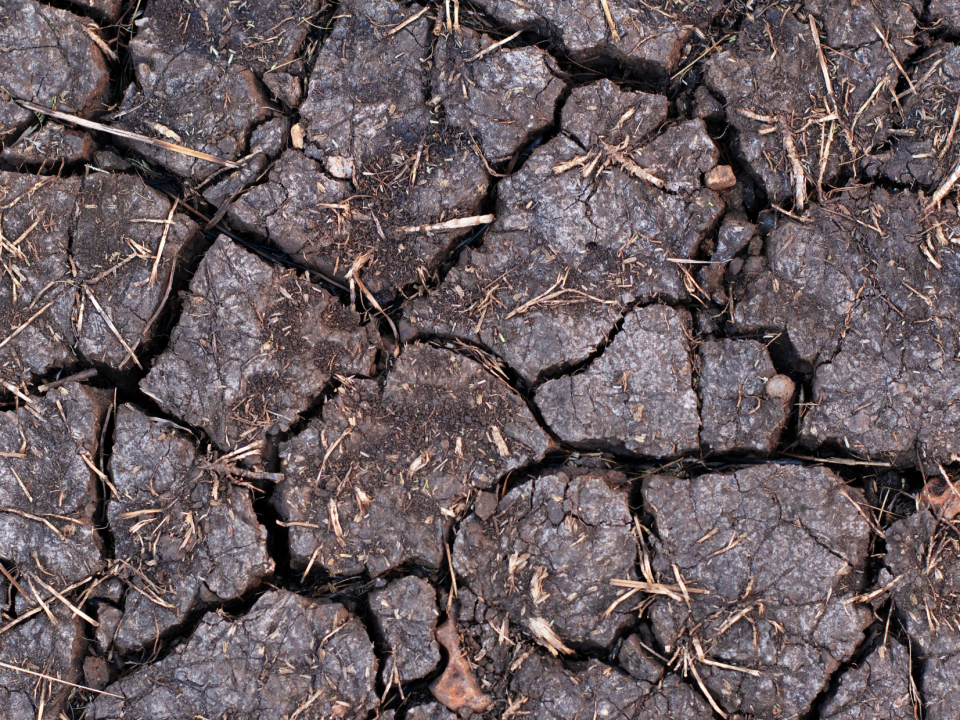
Swirltex Presented at Shale Water Management Conference
23 August 2022
How can mining companies benefit from water reuse and cost savings using the Swirltex technology?
27 October 2022Clean Technology Achieves Sustainability
Climate change affects the environment and it is a threat to mankind; it has become a dire necessity to achieve sustainability. With world leaders focusing on sustainability goals and COP26 in full swing, clean technologies have become more important than ever. Clean technology plays an essential role in preserving the environment and working toward building a clean and green future. Sustainability focuses on the ecological balance between economic growth and the environment, where the major emphasis lies on ecological balance as economic growth occurs solely within the limits of natural resources. Canadian law requires industrial companies to return natural resources to their original state, however, the water used by these companies often gets neglected and disposed of leading to pollution in local water bodies
What is Clean Technology?
Let’s start by focusing on what it means to be considered a “clean technology.” Clean technology also known as clean tech, refers to a technology that avoids environmental damage to the ecosystem. This is achieved using materials and processes to reduce and ultimately eliminate the creation of pollutants. By eliminating pollutants, we can reduce our negative environmental footprint and preserve the ecosystem. Generally, these companies attempt to keep the environmental burden of technology at the bare minimum, so they leave room for the environment to grow and heal on its own. All clean technologies should use these listed attributes in order to achieve their goals:
· Safe disposal of unwanted waste
· \ Optimal use of all the materials
· Maximization of recycling unavoidable waste
· Prevention of accidents
· Prevention of releasing pollutants into the environment
Almost all cleantech companies seek to positively make a difference in climate change and be economically viable for them to be profitable to attract investments. There is nothing in this world that can outweigh the importance of life on earth. This ideology is a key point that attracts investors as clean technology is the only way to a sustainable future.
Why are Clean Technology Water Treatment Companies Important?
We have reached a point where life on our planet is in danger, and we need to work towards achieving sustainability. Major sectors for clean water technologies to focus on are:
· Sustainable energy and energy optimization
· Clean water and facilitation of water reuse
· Pollution reduction
· Treatment of toxic waste
Wastewater management, especially focusing on the industrial sector, is critically important as it will not only help in leaving a positive environmental footprint but also address new regulations made to preserve the environment. The threat of water scarcity has become serious, as two-thirds of the world’s population might face water shortage by 2040. This threat can become more concerning by the amount of water that gets permanently contaminated by industrial influents. Moreover, gallons of water go to waste by these companies which could instead have been reused. This is where clean water technologies come in handy. Not only can they treat wastewater but also extract and recycle the chemicals added to the influent. Water technology innovators are approaching these problems with new techniques like membranes, using thermal energy, and others that allow for the extraction of valuable minerals. These innovations can help the world to achieve its ultimate goal; “less waste means less damage to the overall environment.”

What are Sustainability Goals and Trends?
In 2015, the UN set up 17 Sustainable Development Goals (SDG) to save life on earth. One of SDG 6 focuses on ensuring a clean and stable water supply with sanitation for all people by 2030. To prevent 66% of the world’s population from facing water scarcity, reusing and recycling water is the only viable solution. As global temperatures are rising, third-world countries have been starting to get affected by droughts, famine, and malnutrition. If these trends keep continuing by 2030, 1.6 billion people will lack safely managed drinking water, 2.8 billion people will lack safely managed sanitation, and 1.9 billion will lack basic hand hygiene facilities. There have been 6 targets set by the UN to ensure the availability and sustainability management of water and sanitation:
Targets by 2030
6.1 Achieving universal and equitable access to safe and affordable drinking water for all.
6.2 Achieving access to adequate and equitable sanitation and hygiene for all end open defecation. Especially focused on women and girls in vulnerable situations.
6.3 Focusing on improving water quality by reducing pollution, eliminating dumping, and minimizing the release of hazardous chemicals and materials. Moreover, halving the proportion of untreated wastewater and significantly increases the recycling and reuse of water.
6.4 Significantly, increases water-use efficiency across all sectors and ensures sustainable withdrawals of freshwater to enough supply for water scarcity.
6.5 Implementing integrated water resources management at all levels, even at transboundary cooperation if possible.
6.6 Protecting and restoring water-related ecosystems.
Indicators
6.3.2 Percentage of water bodies with good water quality
6.4.2 Making proportion of freshwater accessible
6.5.2 Percentage of transboundary basin area with an operational arrangement.
Mississippi in Water Crisis After Treatment Plant Fails...
The people of the city of Jackson, Mississippi have been informed by their governor to not drink water, even if they still have access to it. That running water would soon become unavailable as their water treatment plant failed. 150,000 residents of the city are not able to drink, cook, flush or brush their teeth until this situation is resolved. The city had already been on a boil-water notice for a month prior, but the situation is said to have gotten worse as the treatment plant had been struggling for a long time. The city is unable to provide the state with a timeline as to when the situation will get better and when the plant will be in operating condition.
A common wastewater issue in municipalities is aging infrastructure’s inability to support population growth, as repair costs are high. Across the world, lagoons are experiencing challenges with discharge compliance, capacity, and maintenance. Furthermore, municipalities typically cannot add a cell or build a treatment plant without additional funding. Some clean technology companies are able to work with a municipality’s current wastewater infrastructure and can be even given support by the government as a reward for aiming for ESG initiatives.
Is Swirltex a Clean Tech Company?
Yes, here at Swirltex we have a vision of net-zero wasted water with our facilitation of water reuse. Our patented system uses low energy consumption and leaves a low negative environmental footprint. Our produced water case study provides evidence of how we are a cleantech company. We helped a Canadian oil & gas company filter their produced water which led to the following:
- By facilitating water reuse, Swirltex was able to reduce approximately 8,000 tonnes of CO2e/yr with the elimination of trucks on the road used for disposal.
- Up to a 75% reduction in freshwater consumption, thus saving an average of 357,000 m3 of freshwater per year
- Industry-leading, sustainable energy resource producer, ESG impact with sustainability goals and reduced impact on seismic activity concerns



